Our Mission to Protect the World’s Forests
We are working in 60+ countries to build sustainable, rural economies—a proven strategy to keep our forests standing.... Continue Reading
Home / Issues / Forests & Biodiversity / Page 31
Forests are critical to every living thing on Earth. Not only do they give us clean air, shelter, and rain, they house 80 percent of the world’s terrestrial biodiversity. Alarmingly, humans have destroyed half of the world’s tropical forests and driven extinction rates up thousands of times higher than what is natural.
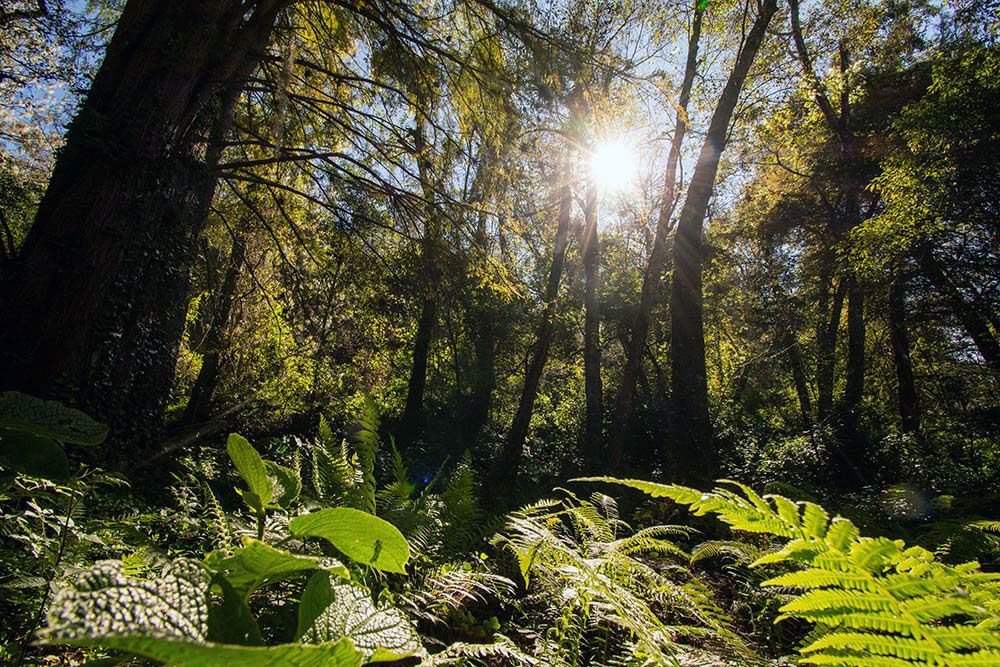
Forests are a powerful natural climate solution. As trees grow, they absorb and store carbon emissions, while releasing oxygen into the atmosphere. Conserving forests could cut an estimated 7 billion metric tons of carbon dioxide each year—the equivalent of getting rid of every car on the planet.
![]()
in the forest concessions of the Maya Biosphere Reserve, Guatemala*
In Guatemala’s Maya Biosphere Reserve, twelve community forestry concessions safeguard around 417,269 hectares of the largest and most important tropical forest north of the Amazon. These community-run concessions boast a near-zero deforestation rate—a remarkable feat given that adjacent areas suffer some of the highest deforestation rates in the Americas.
*Community forestry concessions in Guatemala’s Maya Biosphere Reserve have demonstrated a near-zero deforestation rate, since data collection began in 2000. Data accurate as of December 2019.
![]()
From 2020 through 2021, farmers we work with in the buffer zone of Indonesia’s Bukit Barisan Selatan National Park planted 45,000 trees in the area directly bordering the park. In addition, we identified 80 farms that sit in a wildlife corridor used by the critically endangered Sumatran elephant. We supported these farmers in planting species that suit the elephants’ diet.
*Data accurate as of December 2022
Together with forest and farming communities, Indigenous leaders, companies, governments, and global citizens, the Rainforest Alliance works in 58 countries to promote more sustainable land management practices while cultivating thriving rural economies—the most widely proven strategy to restore biodiversity and keep our tropical forests standing.
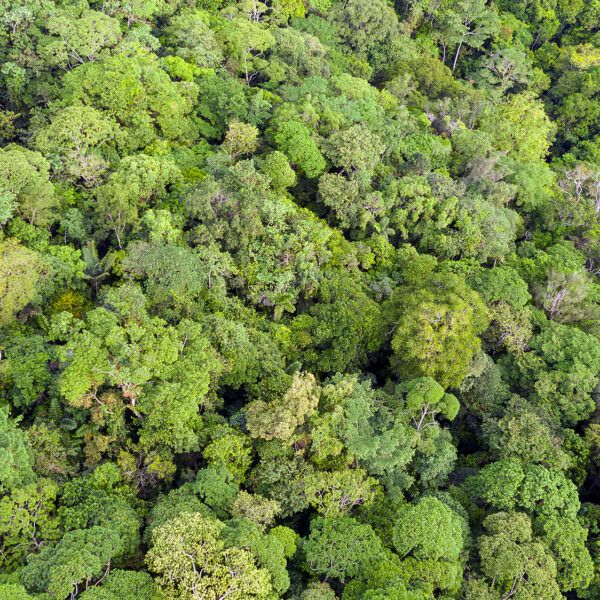
We are working in 60+ countries to build sustainable, rural economies—a proven strategy to keep our forests standing.... Continue Reading
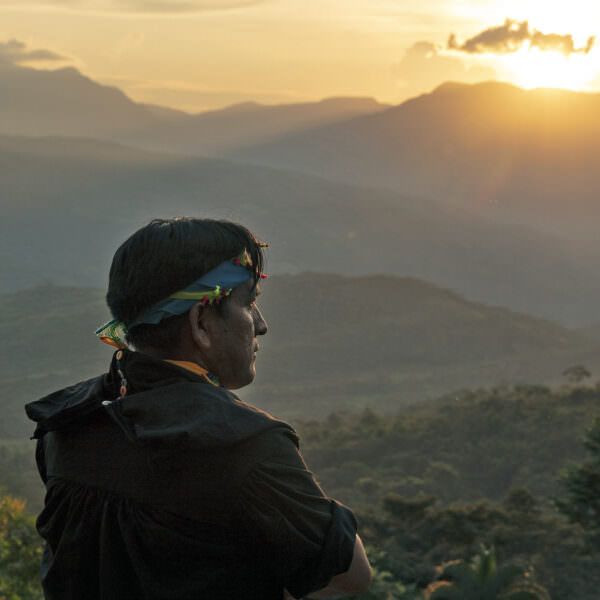
Indigenous peoples and local communities have an unsurpassed connection to the Earth's forests. ... Continue Reading
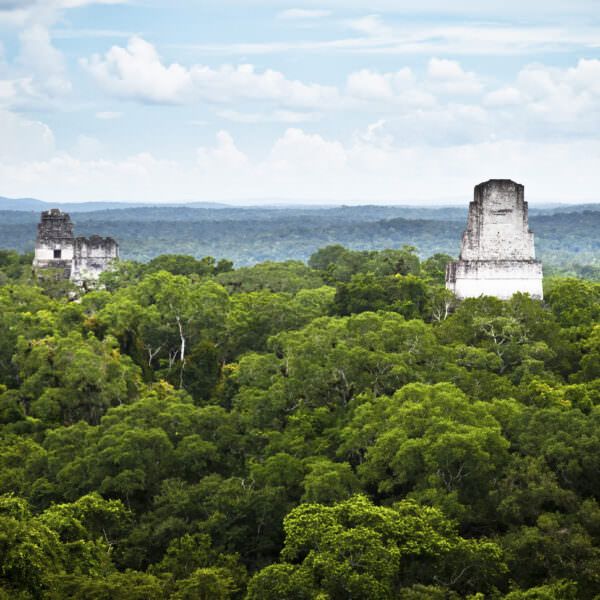
The forest concessions of the Maya Biosphere Reserve have boasted a near-zero deforestation rate for 20 years.... Continue Reading
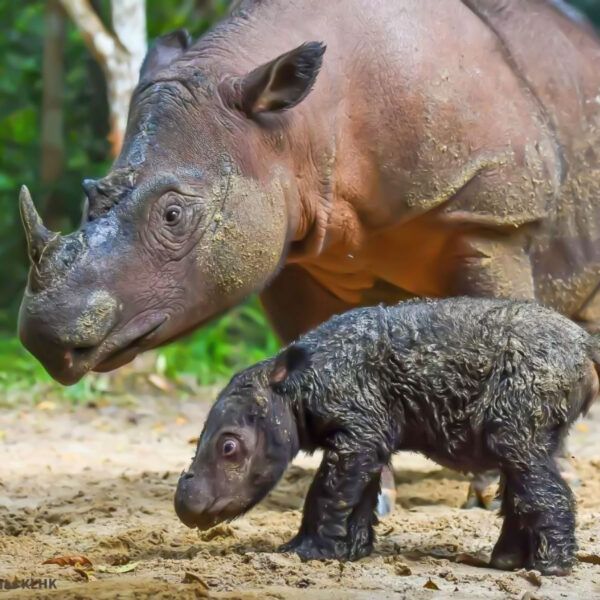
We're training coffee farmers in the Bukit Barisan Selatan National Park buffer zone to help them conserve biodiversity and improve their livelihoods.... Continue Reading
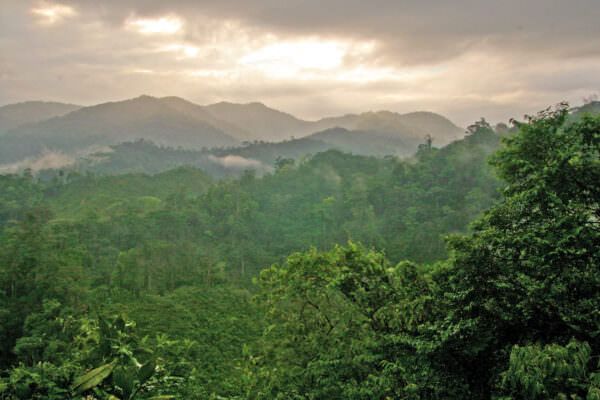
We’re implementing climate-smart farming practices and building competitive, profitable businesses.... Continue Reading
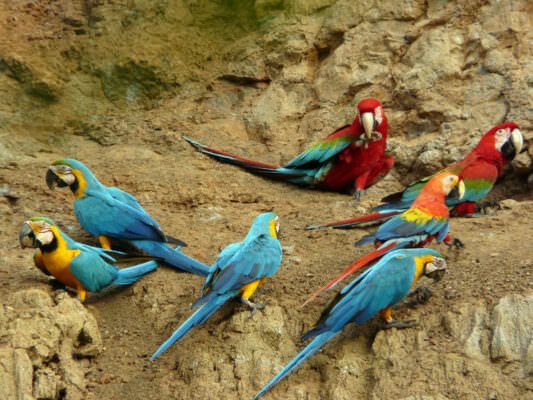
The Rainforest Alliance works to conserve or enrich wildlife habitat—the destruction of which is the gravest threat to nearly all species.... Continue Reading

Ten leading environmental and social NGOs are collaborating to develop a global Accountability Framework to accelerate and guide the implementation of ethical supply chain commitments related to reducing deforestation and protecting human rights.

Guatemala is a global leader in community forestry, having devolved control over forest resources to local actors in many parts of the country. While the Maya Biosphere Reserve’s community forestry concessions are well-known, a host of smaller forest-based enterprises in other parts of the country is taking on increasing importance. These enterprises, though incipient, are […]

Rayon might seem like a better alternative to petroleum-based synthetic fabrics, but it’s often made from trees in old-growth forests.

Using traditional indigenous knowledge, data, and best practices for a sustainable tamshi harvest... Continue Reading